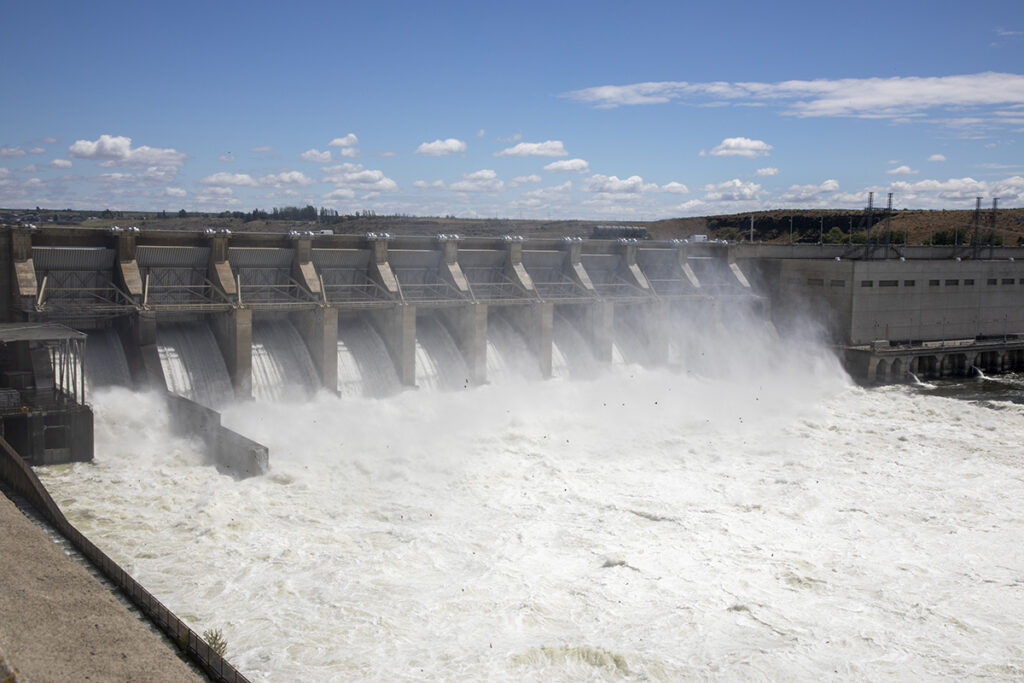
The Trump administration announced June 12 that it will halt efforts to breach the Lower Snake River dams in Washington state, helping protect over 3,000 megawatts of always-available, carbon-free hydropower that serves dozens of electric cooperatives in the West.
President Donald Trump revoked a 2023 memorandum from former President Joe Biden that paved the way for breaching the dams and obligated Bonneville Power Administration ratepayers, including co-ops, to fund millions of dollars in pro-breach studies, mitigation and replacement power. Trump also rescinded the Biden administration’s Environmental Impact Statement process for reviewing dam operations and set the stage for a more inclusive review that involves all stakeholders, including co-ops.
“President Trump’s announcement smartly helps preserve affordable, reliable electricity for families and businesses across the Pacific Northwest,” NRECA CEO Jim Matheson said. “Hydroelectric power is the reason the lights stay on in the region. And as demand for electricity surges across the nation, preserving access to always-available energy resources like hydropower is absolutely crucial.”
The Lower Snake River dams supply power to 52 electric co-ops in eight Western states served by the BPA and produce enough electricity to power 2.4 million homes.
While the ultimate authority to breach the dams stands with Congress, actions under the Biden administration paved the way to make the case for it.
In late 2023, the Biden administration reached an agreement with environmental groups and tribal and state leaders that allocated millions of dollars and other federal resources toward the creation of renewable energy replacement projects. The pact stemmed from environmental and tribal plaintiffs’ concerns in a 2021 lawsuit that the dams threaten endangered salmon in the Columbia River System.
Breaching the dams would take away a key source of reliable electricity in the Pacific Northwest at a time of growing power demand, Matheson testified to Congress in early 2024. It would also adversely impact agricultural producers, the transportation sector and disadvantaged rural communities, he said.
“We appreciate the administration’s continuing commitment to smart energy policies and unleashing American energy,” Matheson said.
Molly Christian is a staff writer for NRECA.